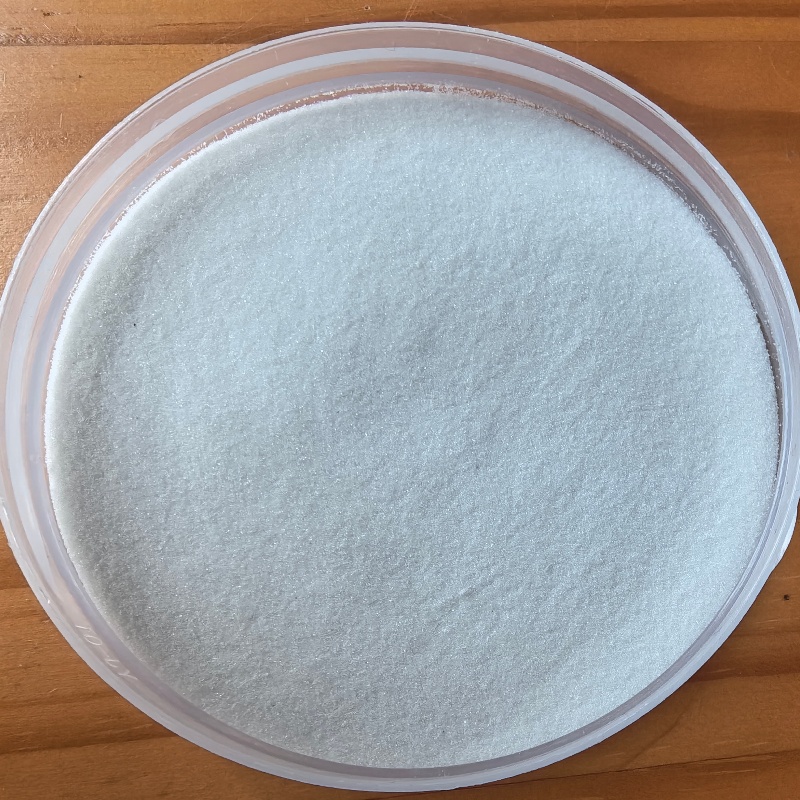Glass sand, also known as crushed glass or recycled glass sand, is a versatile material with a wide range of applications across various industries. Here are some of the key uses and benefits of glass sand:

Concrete and Asphalt: Glass sand can be used as a partial replacement for natural sand in concrete and asphalt mixtures. It enhances the strength and durability of the final product while also providing a sustainable alternative to traditional materials.
Cement Production: It can be used as a raw material in the production of cement, helping to reduce the carbon footprint of the manufacturing process.
Road Base and Subbase: Glass sand can be used in road construction as a base or subbase material, providing a stable foundation and improving drainage.
Garden Paths and Walkways: Glass sand can be used to create visually appealing garden paths and walkways. Its reflective properties add a unique aesthetic element to outdoor spaces.
Mulch: It can be used as a decorative mulch in garden beds, helping to retain soil moisture and suppress weeds while adding color and texture.
Water Features: Glass sand can enhance the beauty of water features such as fountains, ponds, and aquariums, providing a sparkling, reflective quality.
Water Filtration: Glass sand is an effective medium for water filtration systems, including swimming pool filters and industrial water treatment plants. It provides superior filtration performance and requires less maintenance compared to traditional sand.
Wastewater Treatment: It can be used in wastewater treatment plants to filter and purify water, contributing to cleaner and safer water supplies.
Blasting Abrasive: Glass sand is used as an abrasive material in sandblasting operations. It is effective for cleaning and preparing surfaces for painting or coating, and it is less harmful to the environment compared to traditional sandblasting media.
Foundry Sand: It can be used in foundries as a molding material for casting metals, providing a smooth finish and reducing the need for additional processing.
Beach Replenishment: Glass sand can be used in beach replenishment projects to combat erosion and restore coastal areas. It provides a sustainable alternative to natural sand, which is often in limited supply.
Soil Amendment: It can be used as a soil amendment to improve soil structure and drainage, particularly in areas with poor soil quality.
Mosaics and Decorative Art: Glass sand can be used in various art and craft projects, including mosaics, glass sculptures, and decorative items. Its vibrant colors and reflective properties make it a popular choice for artists and crafters.
Jewelry Making: It can be incorporated into handmade jewelry, adding a unique and sparkling element to necklaces, bracelets, and earrings.
Glass sand is a versatile and sustainable material with a wide range of applications across various industries. Its use not only provides functional benefits but also contributes to environmental sustainability by recycling waste glass and reducing the demand for natural resources. Whether you are involved in construction, landscaping, industrial operations, or creative projects, glass sand offers a valuable and eco-friendly solution.
If you are interested in exploring the potential of glass sand for your next project, contact us today to learn more about our high-quality glass sand products and how they can meet your specific needs.